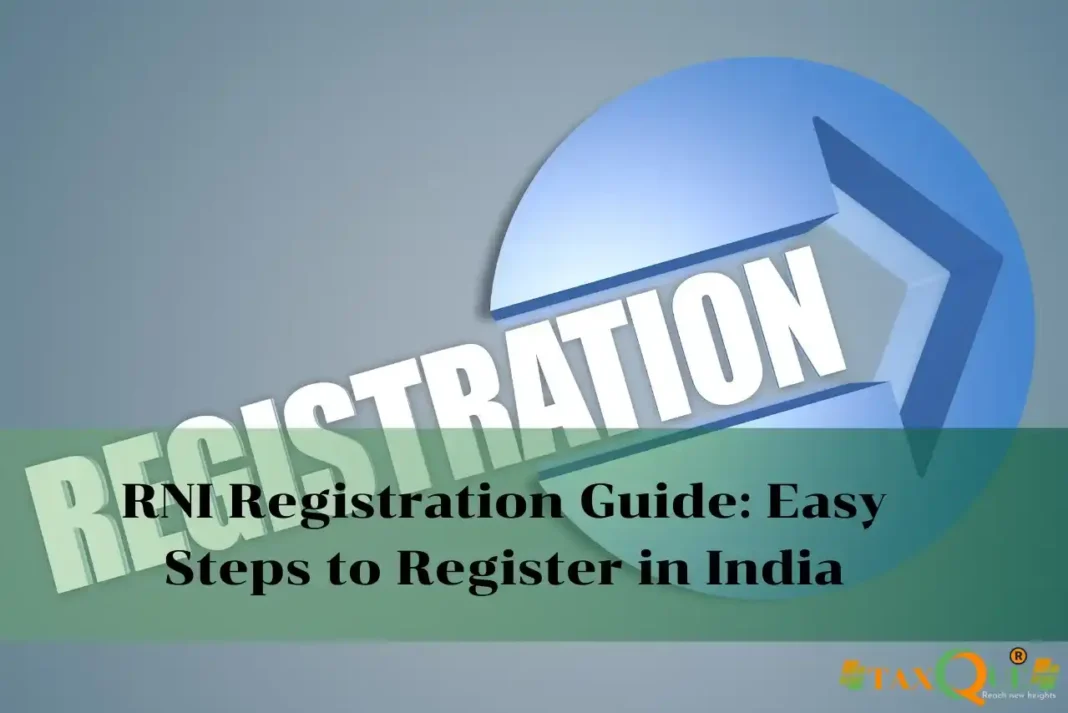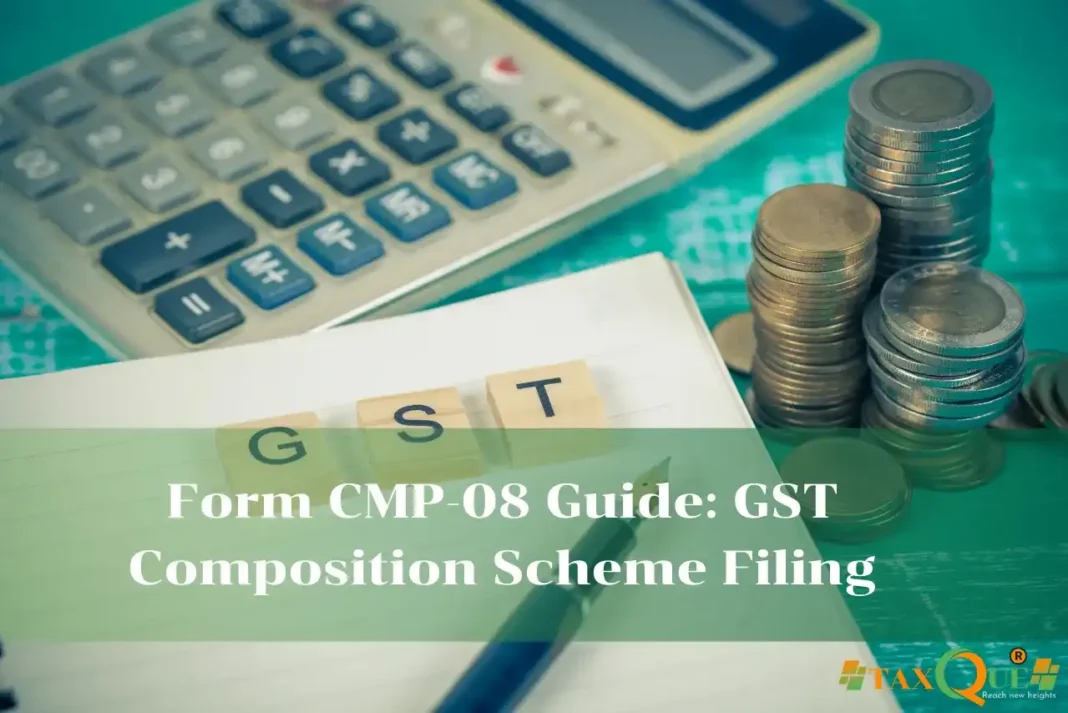Introduction
RNI registration, now known as PRGI registration since April 2025, is a mandatory process for anyone looking to publish newspapers or periodicals in India. Managed by the Press Registrar General of India (PRGI) under the Press and Registration of Periodicals Act, 2023, RNI registration ensures legal recognition and title protection for your publication. This guide explains the RNI registration process, required documents, fees, and benefits, based on verified information as of June 2025, helping you start your publishing journey smoothly.
What is RNI Registration?
RNI registration, officially transitioned to PRGI registration, is the legal process to register newspapers, magazines, or other periodicals in India. Previously handled by the Registrar of Newspapers for India (RNI), it is now managed by the PRGI, an office under the Ministry of Information and Broadcasting. The process is governed by the Press and Registration of Periodicals Act, 2023, effective from March 1, 2024, replacing the older Press and Registration of Books Act, 1867.
- Purpose: Provides legal recognition, protects the publication’s title, and ensures compliance with media regulations.
- Who Needs It: Publishers of newspapers, magazines, journals, or any periodical in India.
Example: If you’re starting a local magazine in Kolkata, RNI registration ensures your title is unique and legally protected, allowing you to publish lawfully.
Eligibility for RNI Registration
To apply for RNI registration (now PRGI registration), you must meet these conditions:
- Ownership: The applicant must be the owner of the proposed publication.
- Publication Type: Includes newspapers, magazines, journals, or other periodicals.
- Compliance: The publication must adhere to the Title Verification Guidelines, ensuring the title is unique and not similar to existing ones in the same state or language.
- Legal Entity: The owner, publisher, and printer must be Indian citizens or entities registered in India.
Example: A publisher in Delhi planning a weekly newspaper must ensure their title isn’t already used in the same language or state before applying for RNI registration.
Steps to Complete RNI Registration
The RNI registration process is now fully online via the Press Sewa Portal, making it efficient and transparent. Here’s a step-by-step guide:
- Verify Your Title:
- Visit the Press Sewa Portal at prgi.gov.in.
- Submit your proposed title, place of publication, and language for verification to ensure it’s unique and follows PRGI guidelines.
- Create an Account:
- Register as the owner on the Press Sewa Portal, providing details like name, address, and contact information.
- Appoint a Publisher:
- Designate a publisher responsible for the publication. They must create an account on the portal and be authorized by the owner.
- Appoint a Printer:
- Select a printer or printing press, who must also have an account on the portal. Provide their details, including ownership and address.
- Submit Application:
- Fill out the Registration Form on the portal, including publication details, and pay a ₹1,000 processing fee online.
- Receive an Application Reference Number (ARN) for tracking.
- Await Approval:
- PRGI reviews the application, including verification by authorities. If approved, you’ll receive a Certificate of Registration.
Example: A publisher in Mumbai submits a title like “City Pulse” for a monthly magazine, verifies it, and completes the application on the Press Sewa Portal, receiving approval within weeks.
Documents and Fees for RNI Registration
To complete RNI registration, you need specific documents and a nominal fee:
| Document Type | Examples |
|---|---|
| Identity Proof | Aadhaar card, PAN card, passport of owner, publisher, printer |
| Address Proof | Utility bill, rental agreement, ownership deed |
| Publication Details | Proposed title, language, place of publication |
| Declaration Forms | Forms as per PRP Act, 2023, signed by owner and publisher |
Fees:
- Processing Fee: ₹1,000, payable online via the Press Sewa Portal.
- Additional Costs: Lawyer or consultant fees, if hired, may range from ₹5,000 to ₹20,000, depending on complexity.
Example: A publisher pays ₹1,000 online and submits Aadhaar copies for themselves and the printer, ensuring all details are accurate to avoid delays.
Benefits and Challenges
The RNI registration process offers several benefits:
- Legal Recognition: Ensures your publication is legally valid, protecting against unauthorized operations.
- Title Protection: Secures your title for five years, preventing misuse by others.
- Government Benefits: Access to government ads and schemes, boosting revenue.
- Transparency: Online process with real-time tracking simplifies compliance.
Challenges:
- Title Availability: Finding a unique title can be tough in crowded markets.
- Technical Issues: Portal glitches or slow verification may cause delays.
- Document Accuracy: Incomplete or incorrect documents can lead to rejection.
FAQs
- What is RNI registration?
RNI registration, now PRGI registration, is the process of registering newspapers or periodicals in India under the Press and Registration of Periodicals Act, 2023. - Who needs to apply for RNI registration?
Anyone planning to publish a newspaper, magazine, or periodical in India must register with the PRGI. - How much does RNI registration cost?
The processing fee is ₹1,000, payable online via the Press Sewa Portal, with additional costs if you hire a lawyer. - How long does RNI registration take?
It typically takes a few weeks, depending on title verification and PRGI approval. - Can I check my RNI registration status online?
Yes, use the Application Reference Number (ARN) on the Press Sewa Portal to track your application status.
Conclusion
RNI registration, now known as PRGI registration, is a crucial step for anyone starting a newspaper or periodical in India. By verifying your title, creating an account on the Press Sewa Portal, and submitting the application with a ₹1,000 fee, you can secure legal recognition and title protection. The process, streamlined under the Press and Registration of Periodicals Act, 2023, takes a few weeks and offers benefits like access to government schemes. Use platforms like TaxQue for expert help, ensure accurate documents, and follow the steps for a smooth RNI registration process.





